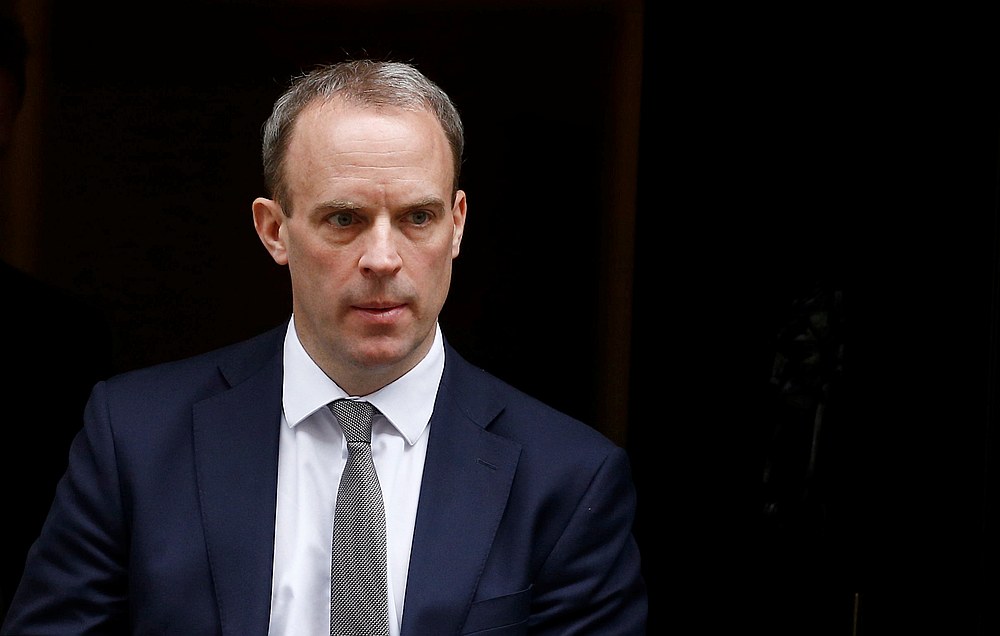LONDON, Nov 29 — Last-ditch Brexit trade talks continued in London today with fishing rights remaining an “outstanding major bone of contention,” according to British foreign minister Dominic Raab.
European Union chief negotiator Michel Barnier told reporters that “work continues, even on a Sunday,” as he arrived for the second day of talks.
Barnier had arrived in London on Friday following a spell in self-isolation after a member of his team contracted coronavirus and ahead of the resumption of talks with British counterpart David Frost yesterday.
Both men warned that a deal could not be reached without major concessions from the other party.
There are only five weeks to go until the end of the current transition period, during which trade relations have remained largely unchanged.
The two key sticking points remain post-Brexit access to British fishing waters for European vessels and the EU’s demand for trade penalties if either side diverges from common standards or state aid regulations rules.
Raab told Sky’s Sophy Ridge On Sunday that this could be the final week of “substantive” talks, with time running out to agree and ratify a deal.
“There’s a deal to be done,” he said.
“On fishing there’s a point of principle: as we leave the EU we’re going to be an independent... coastal state and we’ve got to be able to control our waters,” he added.
Barnier told envoys last week that London was asking that European access to UK waters be cut by 80 per cent, while the EU was willing to accept 15 to 18 per cent, according to a Brussels source.
A British official called the demands “risible”, according to the domestic Press Association, adding that the “EU side know full well that we would never accept this.”
“There seems to be a failure from the Commission to internalise the scale of change needed as we become an independent nation,” said the source.
However, Raab was cautiously optimistic over the “level playing field” issue, saying “it feels like there is progress towards greater respect” for Britain’s position.
A failure to reach an agreement would see Britain and the EU trading on World Trade Organization terms, with tariffs immediately imposed on goods travelling to and from the continent.
As it stands, Britain will leave Europe’s trade and customs area on December 31, with no prospect of an extension.
A no-deal scenario is widely expected to cause economic chaos, with customs checks required at borders.
Concern is particularly acute on the border between EU member Ireland and the British province of Northern Ireland, where the sudden imposition of a hard border threatens the delicate peace secured by 1999’s Good Friday Agreement.
The talks have already dragged on much longer than expected and time is running out for ratification of any deal by the European Parliament by the end of the year. — AFP






















